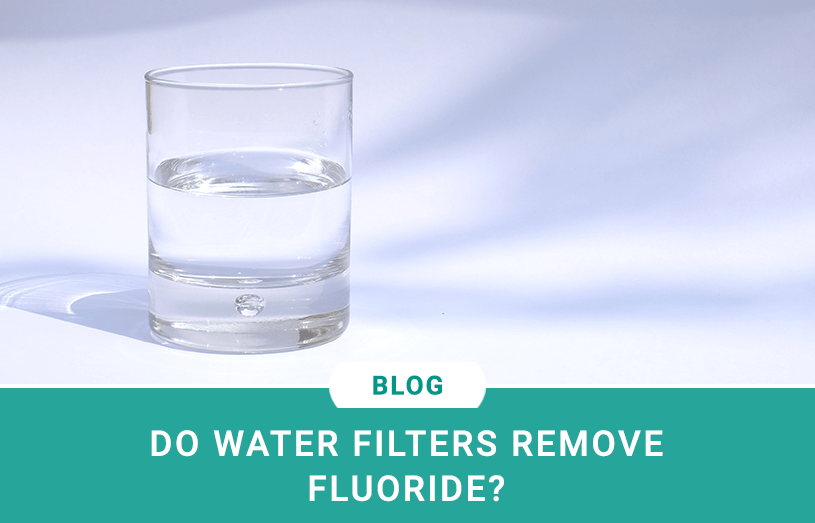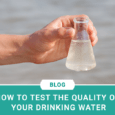The modern world brought quite a lot of worries upon us, just like it brought us advancement in the world of medicine, science, and technology. Our life quality depends greatly on the water we drink. Although we don’t find it poisonous or we don’t feel any difference between the water we drink now and the water we drank before, this doesn’t prove anything. Our bodies adapt over time and you possibly haven’t even noticed the change.

We’ll talk a bit about fluoride and we’ll introduce you to methods that work and those that do not. That way you’ll be able to see which one is right for you.
All about Fluoride
One of the most concerning parts of water nowadays is fluoride. Fluoride can be harmful in low dosages because it can completely mess up your hormones, especially when it comes to your thyroid. It’s a chemical compound that, when dissolved in water, sadly won’t change the taste, look or smell very much. This doesn’t benefit us because we can’t really notice a difference.
Too much fluoride can have a bad effect on your overall health, especially if you’re exposed to it long-term, which is usually the case with water. Your bones, your kidneys and possibly your respiratory system can all have trouble because of this.
Many people talk only about the good in the fluoride: it protects our teeth and can be good for our bones as well… But let’s not forget that it is the dosage of fluoride that’s healthy for us, and if the dosage is off, we’re not really benefiting at all.
Have you heard about fluorosis? Yellow stains on teeth, brown discoloration of the edges of your teeth, long-term damage to bones? We really need to pay more attention to the numbers, not only the facts.
How to remove Fluoride from your water?
That’s a very good and a very valid question! Anyone familiar with the risks fluoride brings is usually concerned as to how it can possibly be removed. There are a few things that work well, and we’re going to present them to you.
Reverse osmosis
If you’re not familiar with this system, make sure to read our full post on it on the page. It’s a pretty efficient system that is installed into your kitchen and it interferes with the plumbing. This way, it does not only remove fluoride, but it also protects you from other pests in your water like cysts, parasites, bacteria and also sand, lead, dirt, rust and more!
Anion exchange systems
These are usually in water filters and they are efficient both with fluoride and chlorine, which means that your water will have a significantly better taste if it will be filtered by this system.
Distillation
This is not a system, you can’t really get a filter that does this. However, some people prefer this over other methods because it’s cheap, but you need to know that for this you need to put in a lot of commitment, a lot of time and also energy.
Water filters with “fluoride removal” standards
Let’s not get ahead of ourselves. Not all water filters remove fluoride, but there are some that do. There are many that actually do a good job, but you’ll need to look into each one specifically and also search for NSF/ANKI standards!
What doesn’t help?
Usually, carbon filters don’t help. They are much better with organic compounds and hard minerals. Make sure that you don’t fall for this trap. Not all water filters can do much, and that’s why you need to look into each product, not just get to know the category.
Water softeners also won’t help. They usually just balance the number of minerals in the water, but they don’t do anything nor to bleach nor to fluoride. Make sure to do your research with each product.
Some people think that boiling your water leaves a specific effect, but it really doesn’t. Distillation is not the same thing as just regular water boiling, so keep that in mind.
UV filters also don’t do a good job at removing fluoride. The rays don’t have an impact on this chemical compound at all.
Summary
Fluoride is a chemical compound that can be very harmful to your teeth and your bones, especially if you’re exposed to elevated levels for a long time. It’s important to find a good filtering system, but make sure to search for standards and to check the description of each product, as many filtering systems do not filter fluoride.




